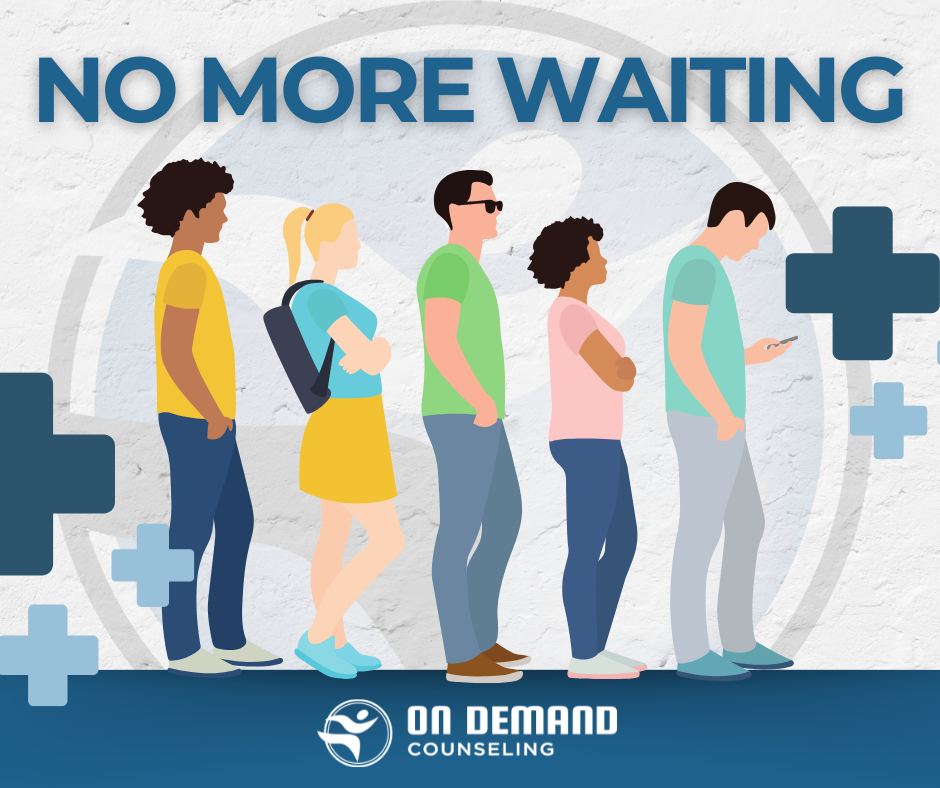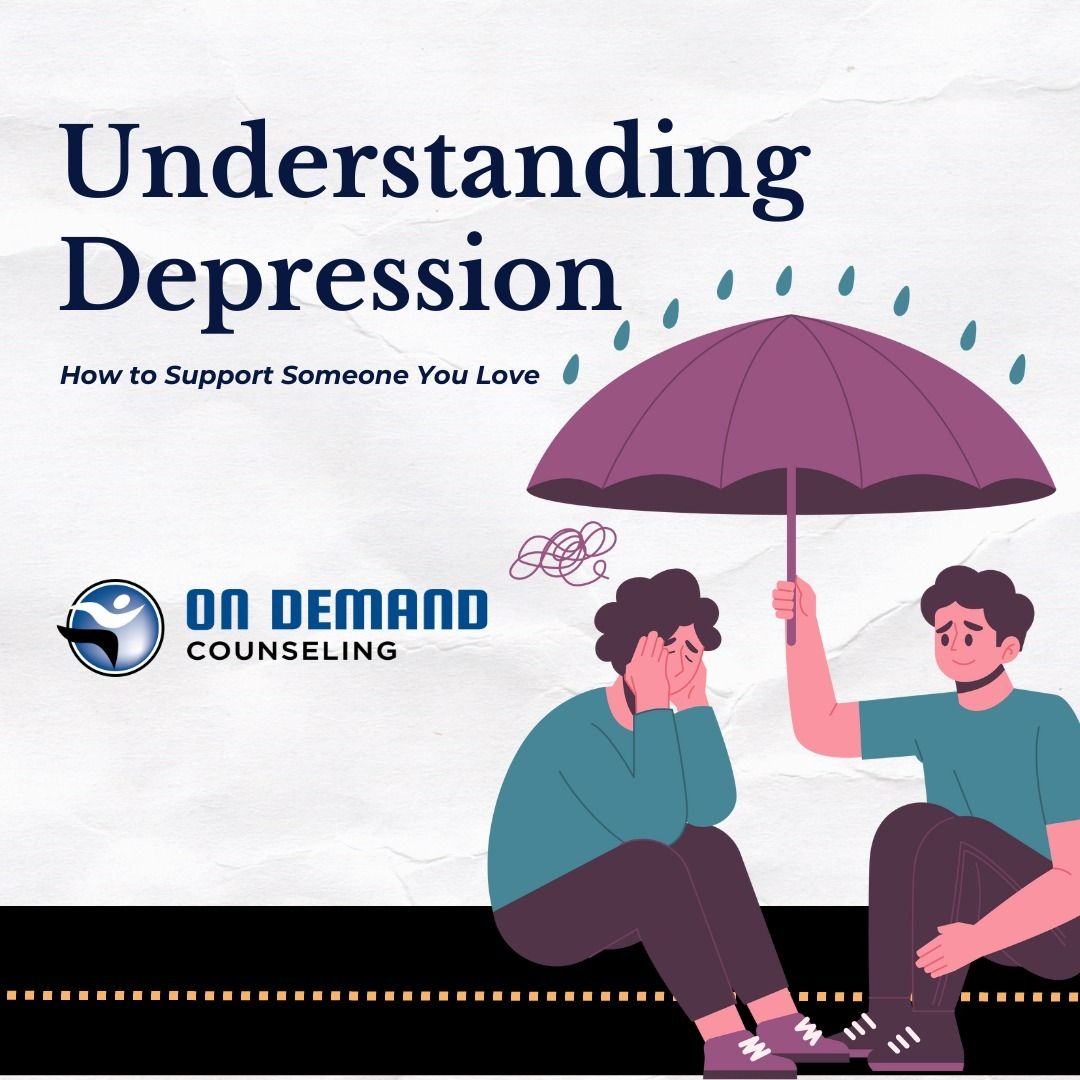What Is the Difference Between Outpatient and Intensive Outpatient Rehab?
 All outpatient services treat people who are suffering from a substance use disorder on a part-time basis. Often, clinics help those who are going through an addiction address underlying mental health issues and devise a long-term plan for recovery. Intensive outpatient services offer an elevated level of care compared to general outpatient. This doesn’t mean the treatment is better — it’s about getting the intensity of care that’s right for you at the time.
All outpatient services treat people who are suffering from a substance use disorder on a part-time basis. Often, clinics help those who are going through an addiction address underlying mental health issues and devise a long-term plan for recovery. Intensive outpatient services offer an elevated level of care compared to general outpatient. This doesn’t mean the treatment is better — it’s about getting the intensity of care that’s right for you at the time.
For people who have a mild to moderate addiction, outpatient addiction services can be the ideal first step towards recovery. This type of service can also be incredibly valuable if you’ve recently completed a residential rehab program. Going straight from the structure and support of around-the-clock care to normal life can be overwhelming. People who sustain recovery tend to stay in some form of outpatient treatment for at least two years, if not indefinitely.
How Is Outpatient Rehab Different From Inpatient Rehab?
In an inpatient treatment facility, you check in on your first day and don’t leave for one week to three months. From the moment you wake up until the time you go to bed, your days follow the rigid structure of your timetable. Most rehab centers don’t allow the use of electronic devices, and you may not be able to see your family for the entire duration. Residential treatment can be expensive, as well as necessitating that you take time off work.
When you attend an outpatient program, you go home after each session and apply what you’ve learned straightaway. For people with a supportive home environment and loving friends and family, staying close to your support system can be hugely beneficial. You and a medical specialist will decide which level of outpatient care is best suited to your individual needs.
The Main Differences Between Traditional Outpatient and Intensive Outpatient Rehab
- Budget and employment circumstances can play a significant role in the decision about the type of treatment you seek. If you’re maintaining full-time employment and suffering from a mild substance use disorder, general outpatient could be all you need. For people with a more severe addiction who are still in employment, intensive outpatient care would be better.
- Usually, traditional outpatient services involve spending one or two hours per week receiving treatment in a rehab clinic. With intensive outpatient care, you’re likely to spend three or four days a week attending group and individual therapy for three hours at a time. In both levels, health care providers that offer medication assisted treatment will administer any medication you need to help ease withdrawal symptoms. Both also usually offer appointments outside of normal working hours.
- General outpatient involves a lot of self-management with regard to conflict, stress and applying your new coping mechanisms to daily life. Intensive outpatient gives you more structure and guidance while still letting you continue with your daily responsibilities. As such, we’d recommend general outpatient if you’re suffering from a mild addiction or stepping down from more intensive treatment.
To find out more about the differences between traditional outpatient and intensive outpatient services, call On Demand Counseling at 330-270-8610 today.
Quick Links

Contact Us
We’re here to assist you. Contact our dedicated support team for any inquiries or assistance you may need.






